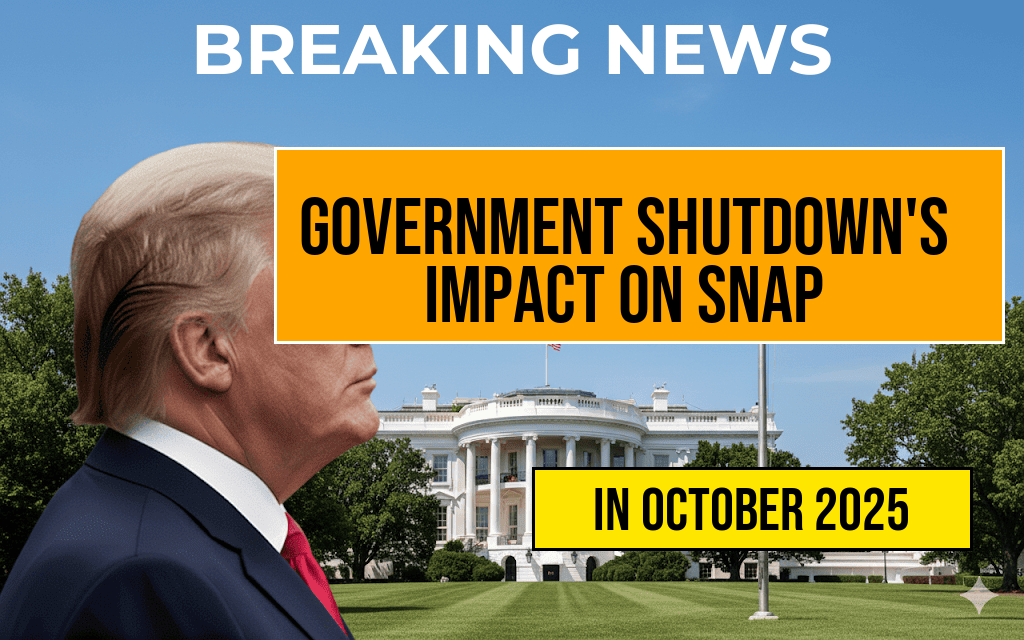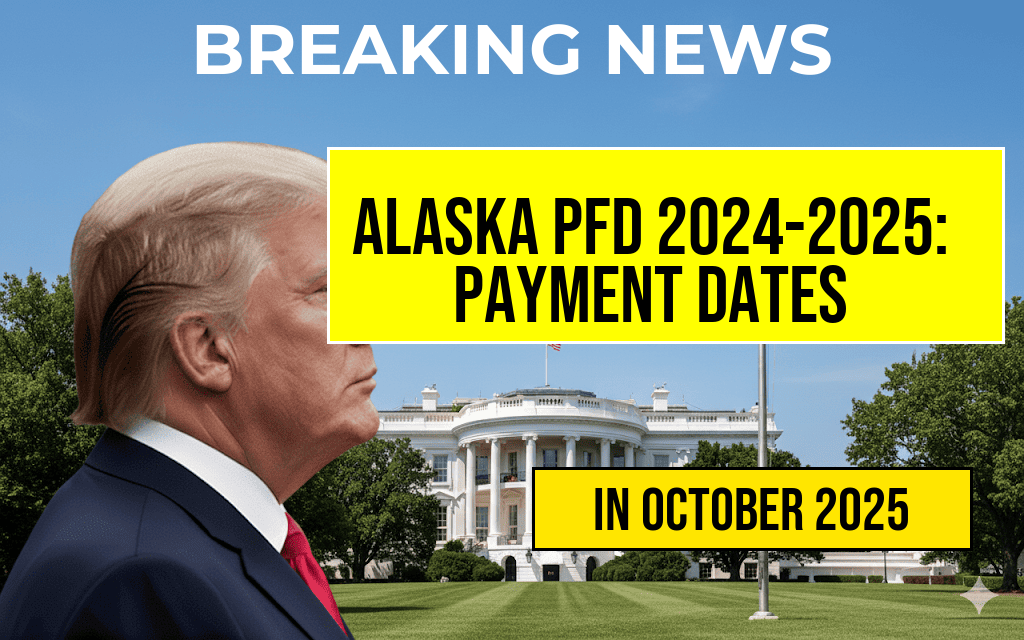The looming threat of a government shutdown has raised significant concerns about its potential impact on SNAP benefits (Supplemental Nutrition Assistance Program) and food stamp assistance for millions of Americans. If Congress fails to pass a spending bill before the deadline, many federal programs, including SNAP, could face disruptions or delays. The U.S. Department of Agriculture (USDA), which administers SNAP, has outlined contingency plans to continue benefits temporarily, but a prolonged shutdown could lead to reduced services, delayed payments, and increased food insecurity for vulnerable populations. With millions relying on these benefits for basic sustenance, understanding how a shutdown might affect food assistance programs is crucial for affected families, policymakers, and community organizations alike.
Potential Disruptions to SNAP Benefits Amid a Shutdown
Funding Continuity and Benefit Payments
SNAP operates primarily through federal funding allocated annually by Congress. During a government shutdown, funding for many federal programs is temporarily frozen, which can result in delays or interruptions in benefit issuance. The USDA has indicated that, in past shutdown scenarios, they would prioritize ongoing benefit payments to ensure recipients continue to receive assistance without interruption for a limited period. However, if the shutdown persists beyond the initial days or weeks, there could be significant delays in processing new applications or reauthorizations, potentially leaving some recipients without access to food assistance temporarily.
Impact on Application and Reauthorization Processes
During a shutdown, many of the USDA’s administrative functions are deemed non-essential, which could slow down processing times for new applicants or those needing to recertify their eligibility. This slowdown may result in some households experiencing gaps in their benefits, particularly if their recertification deadlines fall during the shutdown period. Community organizations and state agencies that handle SNAP enrollment might also face staffing shortages, complicating efforts to assist applicants or resolve issues swiftly.
Financial Stability and Food Security Concerns
Vulnerable Populations at Risk
- Low-income families relying exclusively on SNAP for daily nutrition
- Individuals experiencing homelessness or housing insecurity
- Senior citizens and persons with disabilities dependent on consistent benefits
Any interruption in SNAP benefits can have immediate consequences, including increased food insecurity, nutritional deficiencies, and heightened stress among low-income populations. The USDA estimates that approximately 42 million Americans participate in SNAP, with many relying solely on these benefits to meet basic needs. A shutdown that delays or halts benefit payments could force recipients to seek alternative, often less reliable sources of food, such as food banks or emergency shelters, which are already strained in many communities.
State-Level Responses and Contingency Plans
States administer SNAP benefits with federal funds, but the federal government’s role in providing funding is critical for timely payments. Several states have prepared contingency plans, including utilizing emergency funds or adjusting budgets temporarily to mitigate disruptions. Nonetheless, states with limited reserves might face challenges in maintaining uninterrupted benefits beyond initial delays.
Historical Context and Lessons Learned
Previous Shutdowns and SNAP
During past government shutdowns, such as those in 2013 and 2018-2019, SNAP recipients typically continued receiving benefits without interruption due to contingency plans and emergency measures. However, these episodes also highlighted vulnerabilities—delays in processing applications and recertifications, increased administrative burdens, and heightened uncertainty among recipients. Experts warn that a prolonged shutdown could test the resilience of current safety-net programs and exacerbate food insecurity issues.
Policy Debates and Legislative Action
Discussions in Congress surrounding a government funding bill often intersect with debates over social safety programs. Some policymakers advocate for maintaining or increasing SNAP funding, especially amid economic uncertainties, while others emphasize fiscal restraint. The outcome of these debates will influence not only the immediate response to a shutdown but also the future stability of food assistance programs.
Resources and Support for Affected Individuals
| Resource | Description | Link |
|---|---|---|
| USDA SNAP Program Information | Official guidelines, updates, and FAQs about SNAP benefits during a shutdown | USDA SNAP Program |
| Local Food Banks and Pantries | Community-based resources providing food assistance | Feeding America Food Bank Locator |
| State Human Services Agencies | State-specific information on SNAP application and recertification processes | Check with your state’s official website or local office |
Recipients are encouraged to stay informed through official channels and community organizations. In some cases, local agencies may be able to provide emergency assistance or guidance on alternative resources.
As the legislative process unfolds, the potential for a government shutdown underscores the importance of ongoing policy discussions surrounding social safety programs. For millions of Americans, the stability of SNAP benefits remains a critical lifeline—one that may be tested should funding negotiations falter.
Frequently Asked Questions
What is the government shutdown and how does it affect SNAP benefits?
A government shutdown occurs when Congress fails to pass funding bills, leading to a temporary halt in government operations. During such shutdowns, SNAP benefits may be impacted, potentially causing delays or interruptions in food assistance for eligible recipients.
Will SNAP recipients lose their benefits during a government shutdown?
In many cases, SNAP recipients will continue to receive their benefits for the duration of the shutdown, as these are typically funded through existing allocations. However, extended shutdowns could risk disruptions if new funding is not approved.
How long can food stamp assistance be affected during a government shutdown?
The duration of impact depends on the length of the shutdown. Short-term shutdowns may not significantly affect food stamp assistance, but prolonged shutdowns could lead to delays in benefit distribution or processing of applications.
Are there any measures in place to protect SNAP benefits during a government shutdown?
Yes, many SNAP benefits are protected through prior funding, ensuring recipients continue to receive assistance. Nonetheless, ongoing or extended shutdowns might pose risks, and beneficiaries should stay informed through official channels.
What should SNAP recipients do if they experience issues or delays during a government shutdown?
If food stamp assistance is delayed or interrupted, recipients should contact their local SNAP office for guidance. It’s also advisable to monitor official government updates for any changes or assistance programs during the shutdown.






